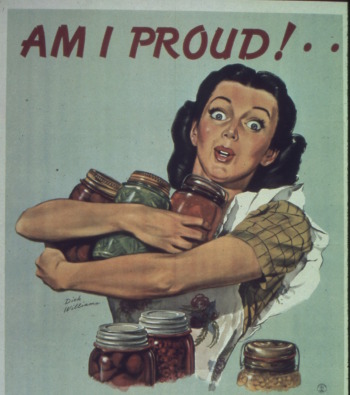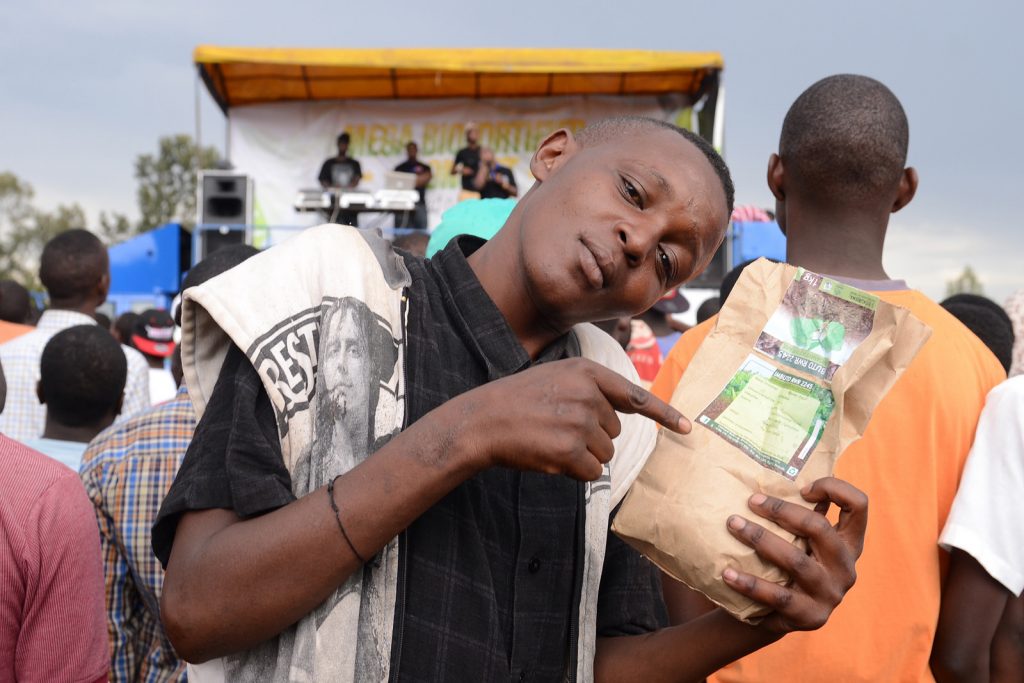In high-income countries, food packaging is seen as a necessary evil. Packaging is one of the main sources of non-organic waste, contributing to a lasting negative impact on the environment and urban living conditions. It’s easy to join the campaign against packaging from countries where plastic-wrapped sandwiches can be consumed up to two years after their packaging date, but in Rwanda, such long-lasting local food products are not as easy to come by. Food is often wasted due to spoilage and poor processing and packaging standards and farmers cannot realize the full potential of their produce.
For years, the Rwandan businesses and government have looked for solutions to add value to the abundance of local produce, yet few sustainable solutions have been identified and implemented. Most packaged food products are imported from neighboring countries, like Uganda and Kenya, or more distant countries, including the Netherlands and the United Arab Emirates. Indeed, it seems silly to import canned corn from abroad when Rwanda’s fertile soil is sprouting healthy maize from what appears to be every inch of land. So, why is it so difficult to find locally produced food products on the shelves?
In Rwanda, one of the main barriers for farmers and young entrepreneurs in getting their produce to premium markets is the lack of affordable and sustainable food processing and packaging services. Without these services, it is too difficult to compete with imported goods and too costly to process and package on their own.
In  high-income countries like the U.S., farmers, as well as micro- and small entrepreneurs, can contract a co-packer or co-manufacturer that can efficiently and cost effectively produce high-quality products according to their specifications. Co-packers allow small players to enter the multi-billion dollar specialty food sector without the constraints of setting up their own certified manufacturing plant and distribution logistics. Co-packers offer advice, guidance and a range of supplementary services to support farmers in successfully getting their products to supermarkets.
high-income countries like the U.S., farmers, as well as micro- and small entrepreneurs, can contract a co-packer or co-manufacturer that can efficiently and cost effectively produce high-quality products according to their specifications. Co-packers allow small players to enter the multi-billion dollar specialty food sector without the constraints of setting up their own certified manufacturing plant and distribution logistics. Co-packers offer advice, guidance and a range of supplementary services to support farmers in successfully getting their products to supermarkets.
We want to bring the co-packer model to Rwanda and empower smallholder farmers to become successful entrepreneurs! To avoid contributing to the global waste problem, our business will offer farmers low-cost sustainable, high-quality packaging solutions that can compete with the imported products already on the shelves.
After 3 years of research on the best way to help farmers and entrepreneurs access these markets, we’re convinced this approach is the most promising way forward. We’ve tested demand though interviews and surveys with farmers, NGOs, the Rwandan government and agri-networks, including the Youth Engagement in Agriculture Network (YEAN). So far, we’ve received a resounding amount of support for the project. After sharing a message via WhatsApp to the YEAN group, we received 85 positive responses within 2 days! And the messages are still flowing in.
The Rwandan government has also expressed their approval and interest in supporting us to make the co-packer become a reality. As we move closer to piloting the co-packer, we are looking for partners who can support us with technical advice on topics such as packaging and machinery and financial assistance to get the project on the ground and running before the end of this year. For more information about the details of the project or to get in touch with us about partnerships, please contact Megan Leahy (m.leahy@endeva.org) or check out our website at www.fresh-blends.org.
This blogpost was authored by Megan Leahy and is also featured on the Practitioner’s Hub website.


